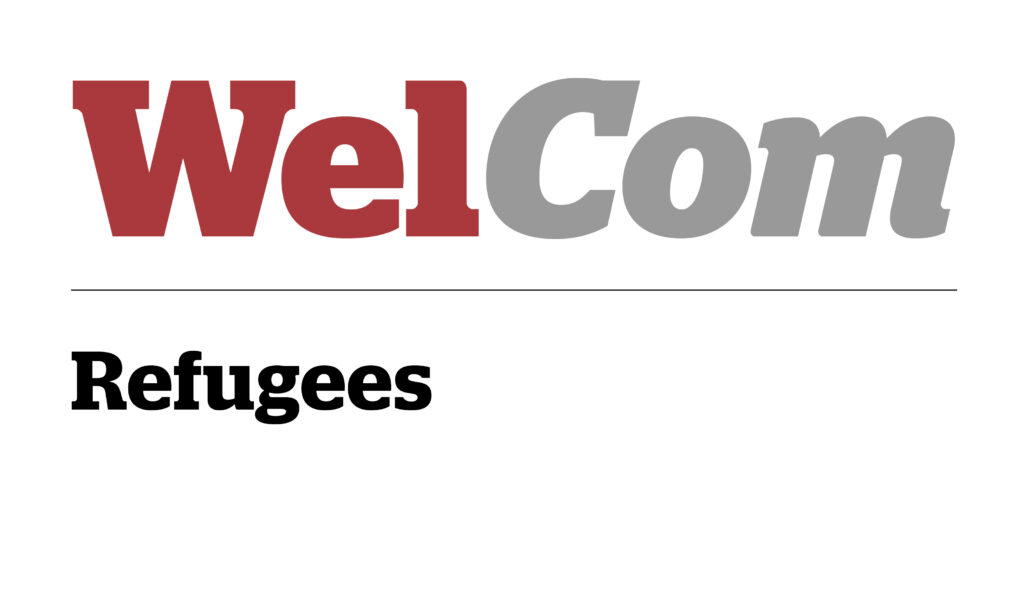WelCom June 2020:
Where is your brother and sister?
The Day of Prayer for Refugees and Migrants takes place in New Zealand this year on Sunday, June 21. The resources created by Caritas Aotearoa New Zealand for 2020, focus on the issue of migrant exploitation with the theme Where is your brother or sister? The resources include a poster, liturgy suggestions, prayers, and messages from Pope Francis and the Vatican’s Refugee and Migrant Section.
This theme is topical given the challenges of the Covid-19 pandemic, as migrant communities will be among the most vulnerable to the impacts.
The theme was taken from Pope Francis’ Apostolic Exhortation Evangelii Gaudium (The Joy of the Gospel, 2013) where he speaks of his distress about the various forms of human trafficking. He quotes the book of Genesis and challenges us to see where our exploited brothers and sisters are, reminding us that this complex issue involves everyone.
The New Zealand Catholic community celebrates the Day of Prayer for Refugees and Migrants on the Sunday closest to the United Nations’ annual World Refugee Day on June 20. In addition, the Holy See asks us to mark the World Day of Migrants and Refugees, this year on Sunday, September 27, with the theme of Forced like Jesus Christ to flee, focusing on internally displaced persons.
The Caritas resources for the Day of Prayer for Refugees and Migrants will be distributed to parishes and will be available online at caritas.org.nz/parishes/day-of-prayer
Refugees sitting ducks for Covid-19
It is estimated there are about 26 million refugees in the world today who live under conditions ideal for the spread of Covid-19: packed together in tents or crowded into housing where social distancing is impossible. There are very limited facilities for washing hands. The medical facilities, if there are any, are unable to keep up with current needs, let alone a pandemic.
In an ideal world, these refugees would be able to return to their countries, settle where they are now or be allowed into countries that would welcome them. That is not going to happen.
Most refugees fled their countries because of political, racial, ethnic or religious persecution or because their countries are ravaged by war. The factors that led them to leave their countries have not changed for the better. Nor will they be welcomed elsewhere, with nations shutting their borders to newcomers.
Instead, these refugees, especially those in camps, are at high risk of being ravaged by the coronavirus.
The world’s largest refugee camp is in Kutupalong, Bangladesh, with more than 630,000 Rohingya, who escaped genocidal attacks by the military in their native Myanmar. Living in very primitive conditions, they will not be able to fend off infection.
Most of the world’s refugees are from Syria (6.7 million), Afghanistan (2.7 million) and South Sudan (2.3 million), all areas where there has been armed conflict for decades. The UN Secretary-General and the Pope have called for a worldwide cease-fire so that people can focus on fighting Covid-19 instead of each other.
The other, even bigger group, who are at greater risk of contracting Covid-19 are the approximately 40 million people who are internally displaced in their own countries and are easily forgotten in the frenzied efforts of governments to limit contagions. Their needs are the focus of new guidelines released by Pope Francis which call on Catholics and Catholic organisations to champion their cause.
‘The virus does not seem to distinguish between those who are important and those who are invisible, those who are settled and those who are displaced. Everyone is vulnerable and each infection is a danger for everyone,’ Cardinal Michael Czerny said.
Cardinal Czerny is the undersecretary of the migrants and refugees section of the Vatican Dicastery for Promoting Integral Human Development.
‘In the post Covid-19 world that is emerging, the contribution of internally displaced people – like everyone’s contribution – will be very much needed,’ he added.
The Dicastery’s migrants and refugees section was created and is led by Pope Francis. Its purpose is to lead initiatives for the millions who are forced to leave their homes due to war, natural disasters and climate change. The Dicastery has issued a new publication called Pastoral Orientations on Internally Displaced People.
Inspired by Francis’ call to ‘welcome, protect, promote and integrate’ all those who live ‘in the peripheries,’ the new work invites Catholic parishes, non-governmental organisations and dioceses to champion internally displaced people.
There are also internally displaced people right beneath our noses, Cardinal Czerny noted. They are among the homeless and destitute.
The new publication invites parishes to discover internally displaced people in their community and find ways to cater to their spiritual and basic needs. The publication is part of a series of efforts and commitments the Church has made during Francis’s papacy. These have included 20 pastoral action points for people working with immigrants and refugees.
Source: Religion News Service
